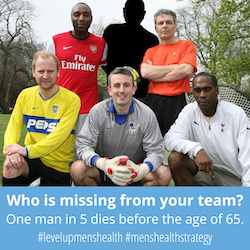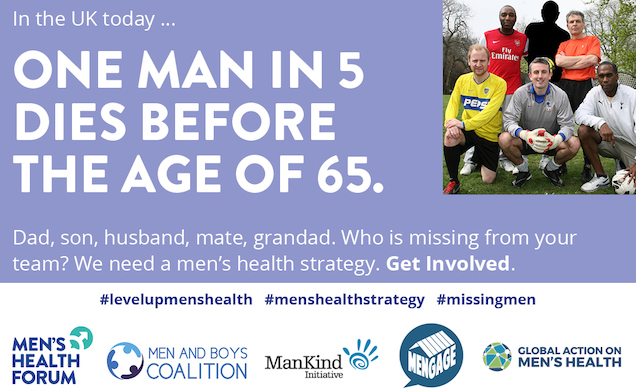Guest blogger Peter Baker explains why this latest public health emergency needs a gender-sensitive response across the globe.
Monkeypox has been declared a ‘public health emergency of international concern’ by the World Health Organisation. This means that monkeypox is now considered to be a global health emergency, WHO’s highest level of alert. We need to act now.
Most cases of monkeypox are male: 60% of current cases in Africa according to Reuters. In Africa, sexual contact between men is not a significant cause of transmission but in the more recently-affected countries, the overwhelming majority of infections have been in men, almost all in men who have sex with men (MSM). 99% of cases are male across 36 European countries and 97% of these cases are in MSM, according to WHO Europe and the European Centre for Disease Prevention and Control (ECDC).
Sex-disaggregated data
One of the key lessons of the Covid-19 pandemic is that infectious disease outbreaks are not gender-neutral. Women, men and gender minorities are affected differently meaning gender must be taken into account in the research, policy and practice responses.
At Global Action on Men’s Health, we are calling for actions at all levels that take gender into account. These must include the publication of sex-disaggregated data on incidence and mortality and research to understand better the causes of men’s higher risk of monkeypox and how it can be addressed effectively.
Vaccines and campaigns
Vaccines to prevent infection should be available to at-risk populations as soon as possible and services for the prevention, diagnosis and treatment of monkeypox made fully accessible.
Male-targeted public health campaigns are required to educate at-risk populations about monkeypox, including how to prevent it, the symptoms, the most effective treatments and how to avoid infecting others.
Men bear an excess burden of this very nasty and sometimes fatal disease and it’s vital that we understand more about why men are more susceptible and take effective male-targeted action to prevent and treat the condition.


